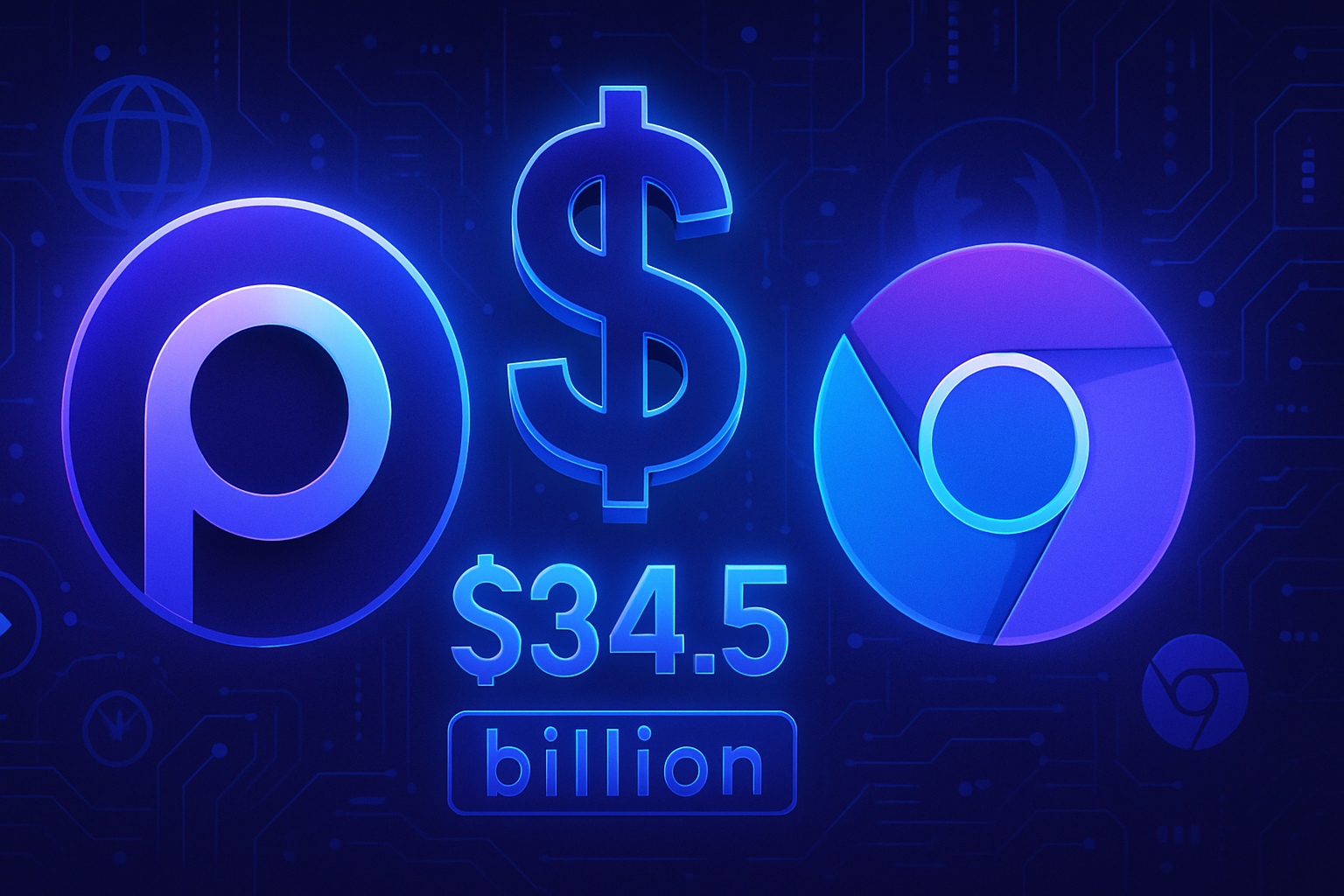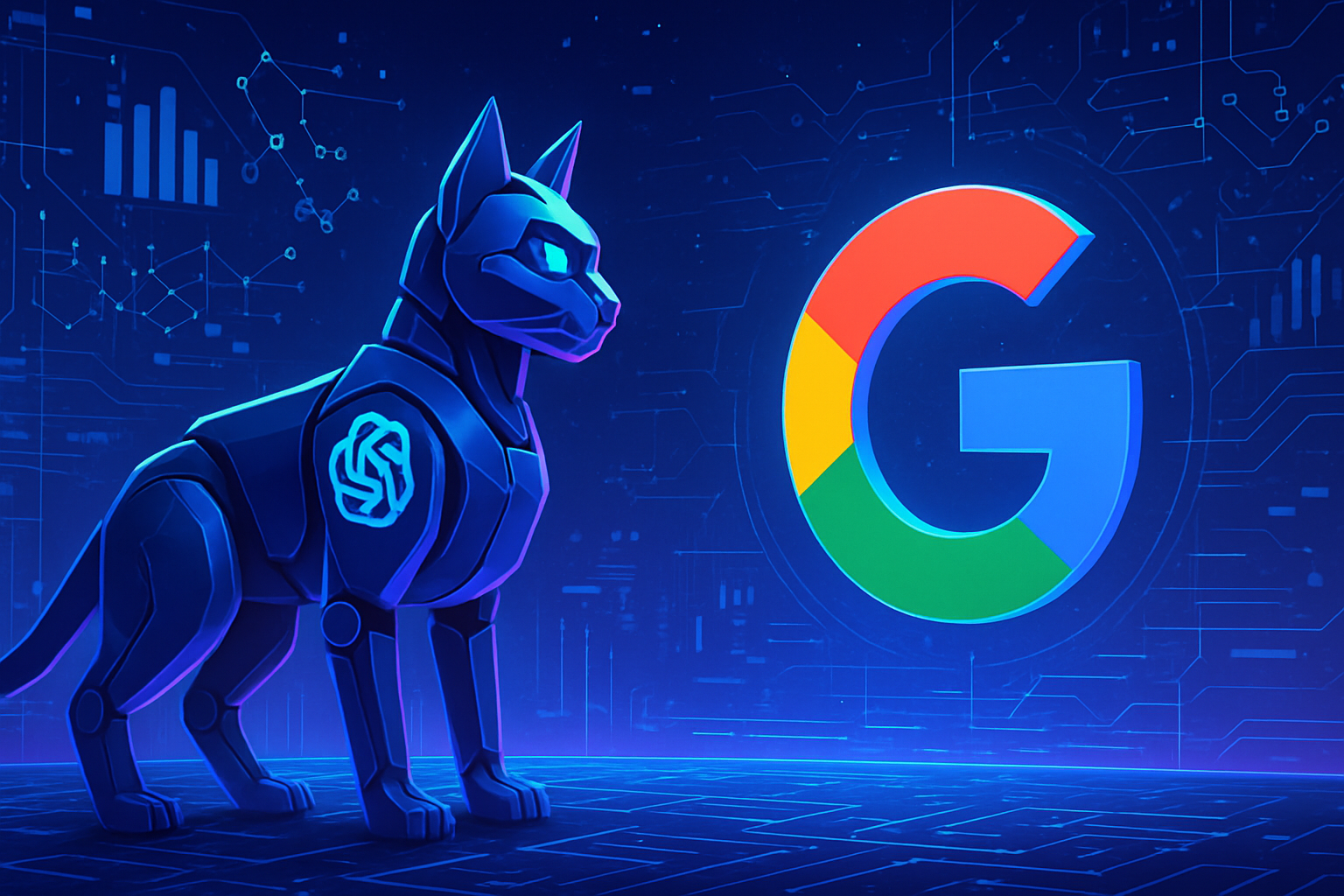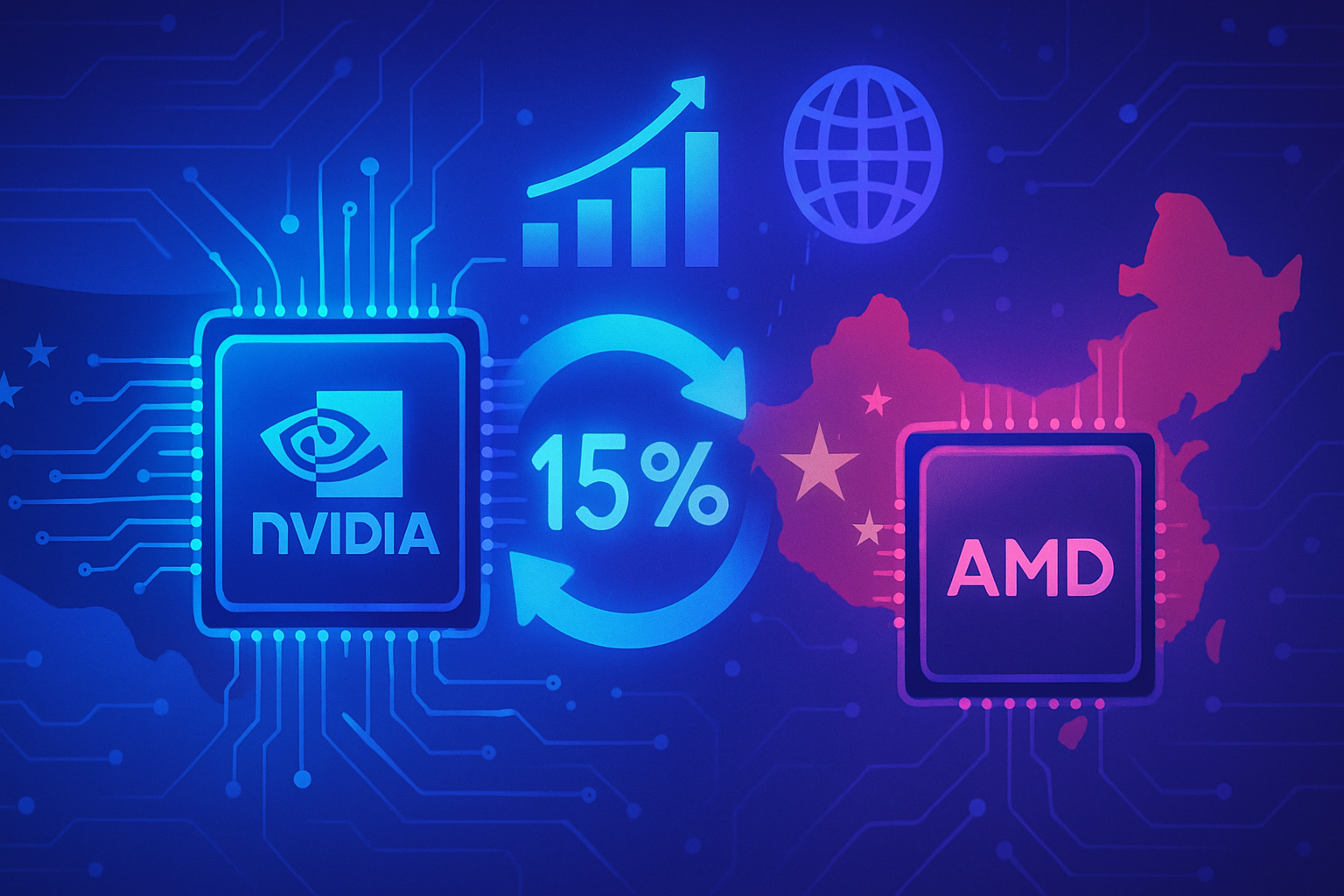The recent announcement of a $34.5 billion offer for Google Chrome by Perplexity brings about a major upheaval in the digital ecosystem. This proposal, while surprising, could represent a strategic opportunity for a company seeking to establish itself in a dominant market. A fight against a monopolistic position is taking shape as Google faces accusations of anticompetitive practices. The potential acquisition of this iconic browser could propel Perplexity into a new era, where the quest for market share is paramount. The implications of such a move resonate far beyond simple financial aspects, promising to alter the power dynamics in the technology sector.
Bold acquisition proposal
The consulting firm Perplexity is considering an ambitious buyout of Google Chrome for a staggering $34.5 billion. This initiative comes at a time when the company seeks to strengthen its position in the web browser market. The estimated value of Google Chrome currently ranges from $14 to $18 billion, placing Perplexity’s offer in an impressive and unexpected category.
Legal context and increased competition
The antitrust lawsuit against Google has sparked speculation about the potential resale of Google Chrome. At the heart of this delicate situation, the U.S. Department of Justice has suggested a straightforward sale of the browser. Accusations of dominance in the search engine market weigh heavily on the tech giant, opening a niche for rivals like Perplexity.
Strategies and motivations behind the offer
While Perplexity’s proposal may seem advantageous for gaining market share, experts question the viability of this initiative. Many analysts believe that Perplexity does not possess the necessary funding to actualize this tempting transaction. However, investors reportedly are willing to support this delicate operation.
Impact on brand image
According to the general delegate of the think tank Digital New Deal, Arno Pons, this move could have deep ramifications for Perplexity’s notoriety. By positioning itself as a major player in the public debate, the company could consolidate its future aspirations. Attracting new users through this strategy could prove beneficial for Perplexity’s growth.
Current evaluation of the browser market
It is crucial to consider the current state of the market dominated by Google Chrome, which holds around 68% of market share. Perplexity, on the other hand, has recorded only 18.5 million unique visitors, while ChatGPT dominates with 411 million visitors. Acquiring another major player could genuinely turn the tide.
Consequences for the technology industry
The potential acquisition of Google Chrome by Perplexity could redefine the dynamics of the technology industry. Such a move reinforces the idea that the sector is grappling with increasing concerns about competition and regulation. Recent developments in similar initiatives, such as those from OpenAI, reflect the growing ambitions among market players in the AI space.
This offensive could thus stimulate reflections on the future of browsers and AI solutions. Perplexity’s stated desire to ensure that Google Chrome is entrusted to a capable and independent operator highlights the need for stricter regulations in the tech field.
Long-term repercussions
The outcome of the antitrust trial and the possibility of selling Google Chrome could have significant consequences for the digital ecosystem. The shift to new alternatives could encourage users to reconsider their online experience. In this context, Perplexity’s ambitions represent a potential major turning point, redefining what competition relations can be in the sector.
Frequently asked questions
Why does Perplexity want to acquire Google Chrome?
Perplexity seeks to acquire Google Chrome to increase its market share against other industry giants and offer an independent browser in the public interest.
What is the amount proposed by Perplexity for the acquisition of Google Chrome?
Perplexity has made an offer of $34.5 billion to acquire Google Chrome, a sum significantly higher than its current estimated valuation of between $14 and $18 billion.
How is the sale of Google Chrome related to the ongoing antitrust lawsuit against Google?
The antitrust lawsuit aims to examine Google’s dominant position in the search engine market, and the sale of Google Chrome could be one of the recommendations from the U.S. Department of Justice in response to these accusations.
What are the risks for Perplexity if the acquisition fails?
A failure in this operation could lead to a loss of public interest in Perplexity, as well as an additional challenge in its quest for market share against established players like ChatGPT.
Does Perplexity have the necessary funds to carry out this acquisition?
Although Perplexity does not currently have sufficient funds to finance the acquisition, it claims to have the support of investors ready to back this operation.
How could this acquisition change the landscape of web browsers?
If Perplexity manages to acquire Google Chrome, it could significantly redistribute market shares, potentially having a major impact on competition in the browser sector.
What would be the implications for Google Chrome users if Perplexity successfully acquires it?
Users could benefit from a more independent browser that better addresses privacy concerns and complies with new competition regulations.
Does Perplexity intend to develop new features for Google Chrome after its acquisition?
Yes, Perplexity plans to improve and innovate on the platform to attract more users and offer an enriched browsing experience.






